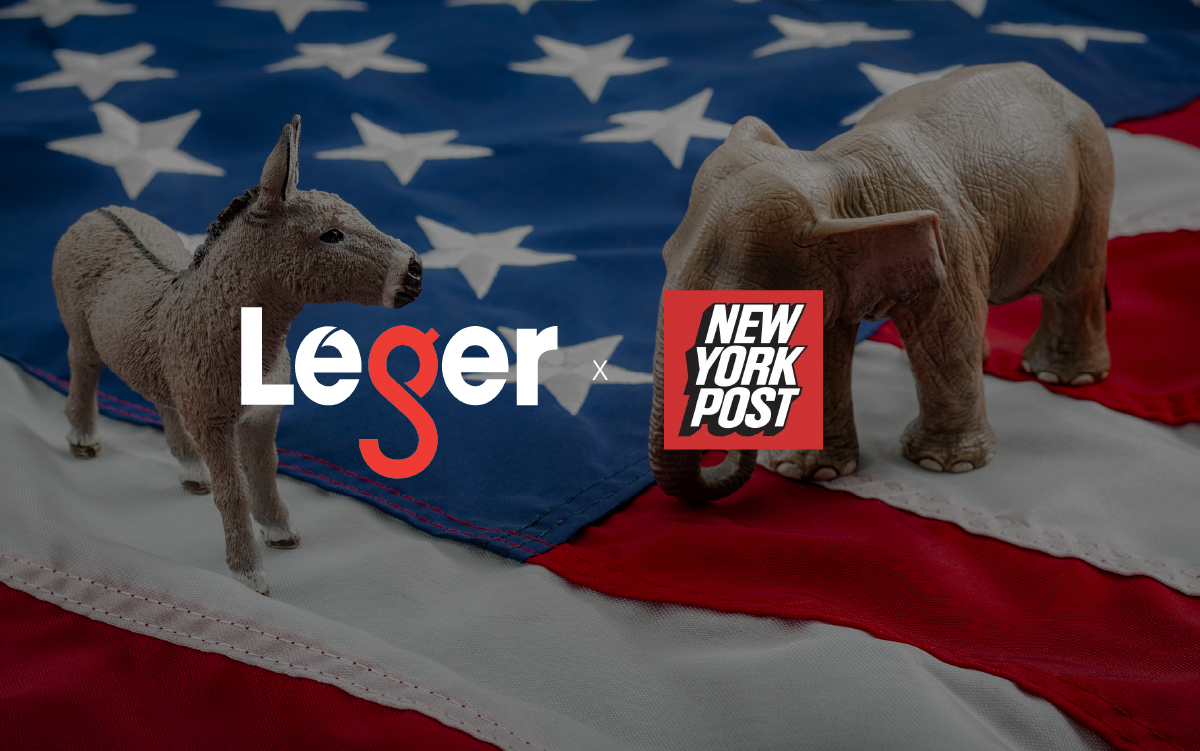As the first presidential debate nears in the United States, we surveyed Americans on their voting intentions and debate viewership. From June 22 to June 24, 2024, we surveyed Americans to find out their opinions and perceptions on the pre-presidential debate.

Some of the key highlights from our pre-debate survey include…
Biden and Trump are still statistically tied in the voting intentions
- If the presidential election were held today, Biden would receive 45% of the votes and Trump 43%.
- Noteworthy is that Biden’s ballot support has held steady in spite of his still-lagging approval ratings. Just over one-third (34%) of Americans approve of his job as President.
- Despite the closeness of results, 39% of Americans believe that Donald Trump will win the next election, while 32% think that Joe Biden will win.
- If Trump were to be imprisoned following his sentencing, it would have little impact on voting intentions, as 90% of Americans who intend to vote for Trump in the next elections would still vote for him.
Half of Americans plan to watch the first presidential debate
- Interest in the debate is reasonably high, with 50% of Americans planning on watching the televised debate between Donald Trump and Joe Biden, while 30% don’t plan on doing so, and 21% don’t know. Republican voters (65%) and Democrat voters (56%) are more likely to watch the debate, while independent voters (40%) are less likely to do so. Women are far less likely than men to tune in (42% vs. 58%).
- Donald Trump is the favourite to win the debate. Four out of ten Americans (42%) believe Trump will win, while 29% believe Joe Biden will win. Over eight out of ten Republican voters (83%) believe Trump will win, while only 60% of Democrat voters believe Joe Biden will win.
- Only 10% of Americans believe that the upcoming debate could potentially change their choice of candidate. Three-quarters (75%) think that the debate will have no impact on their preference, while 15% are unsure. Republican voters (80%) are more likely to think that the debate will not change their minds.
Methodology
This web survey about the pre-presidential debate in the U.S. was conducted from June 22 to June 24, 2024, with 1,003 Americans aged 18 or older. A margin of error cannot be associated with a non-probability sample in a panel survey. For comparison purposes, a probability sample of this size yields a margin of error no greater than ±3.01%, (19 times out of 20).



